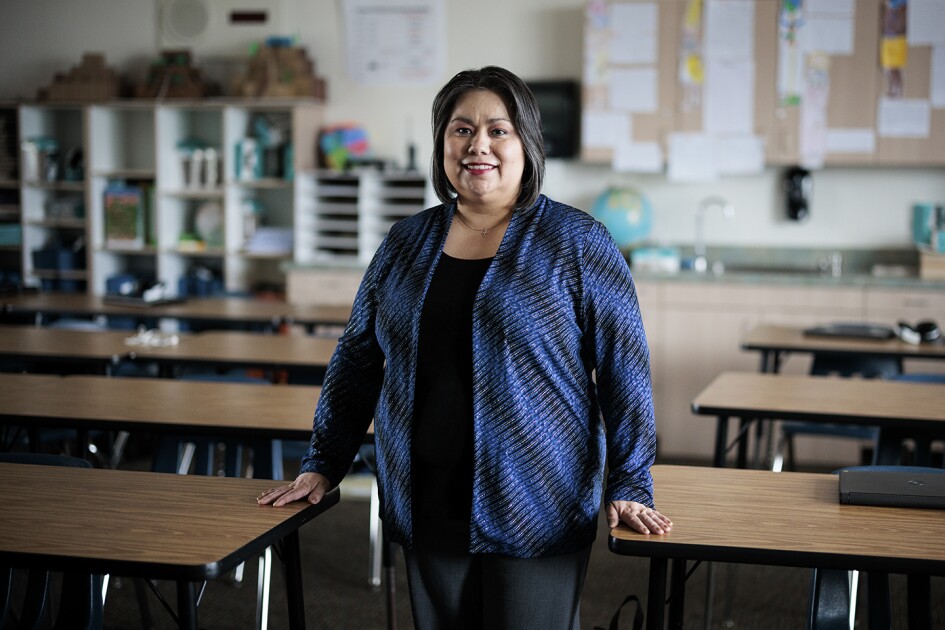To help track whether students are being prepared for further education and work, many states are trying to connect their data systems from preschool through postsecondary education. But a national forum on the topic held here last week suggests there’s a long way to go.
“The major difficulty is that we have been hermetically sealed,” said Peter Ewell, the vice president of the National Center for Higher Education Management Systems, a Boulder, Colo.-based group that works with colleges and universities to improve their management capabilities. Most data systems for precollegiate and higher education have worked largely in isolation, he said.
In preparation for the June 13 meeting, Mr. Ewell and Hans P. L’Orange, the director of data and information management for the State Higher Education Executive Officers, also located in Boulder, wrote a report on the status of P-16 data systems.
They found that only 12 states report having the capacity to match student records across various levels of education, based on information collected by the National Center on Educational Accountability, a research group based in Austin, Texas.
But Deborah Newby, the director of the data-quality and -standards project for the Council of Chief State School Officers, said even some of those states may be “a little bit optimistic” in reporting that their data systems are effectively linked. The CCSSO sponsored the event, along with another Washington-based organization, the Data Quality Campaign, a coalition of groups working to improve the quality and use of education data.
Mr. Ewell and Mr. L’Orange found that of the 12 states, 10 regularly match student-record information from higher education with that from high schools. In three of those states, only one of several systems of higher education is involved, such as the community college system but not four-year public institutions.
Legal Obstacles
Forum participants pointed to Florida, which tracks students from kindergarten through graduate school, as having one of the most robust data systems. That’s in part because the state has a governance structure that places all levels of education under the same umbrella.
The state’s K-20 Education Data Warehouse provides information on the Sunshine State’s students from kindergarten through graduate-level studies, including some workforce information, and is able to track students over time. (Technology Counts 2006, May 4, 2006.)
Tod R. Massa, the director of policy research and data warehousing for Virginia’s State Council of Higher Education, described efforts in that state to develop a longitudinal data system that will track students from preschool through college.
One of the first problems the state ran into, he said, is that state law prohibits the sharing or exchange of data between state agencies without the prior written consent of all individuals whose information is included in the databases, except in specific circumstances.
Other participants warned that tight interpretations of the federal Family Educational Rights and Privacy Act by state attorneys general also could discourage the sharing of data across education sectors. The 1974 law, known as FERPA, generally prohibits schools and education agencies from releasing information from students’ educational records without their parents’ written permission. The law makes an exception for studies conducted by the schools or districts themselves or by researchers working under contract to them.
Participants also noted that it’s difficult to get below course titles at the various levels of education to identify the content actually being taught in those courses—a critical question in determining whether students are exposed to the knowledge and skills necessary for further education and work.
“You want to be able to deal with transcript data that’s intelligible,” said Clifford A. Adelman, a senior research analyst with the U.S. Department of Education. “Is it possible, or do we just give up?”
Most participants suggested that establishing high-quality P-16 data systems is too important an issue to let slide, although many such systems may develop incrementally.
“Getting the policy demand out there” for such data is the main point, said Mr. Ewell, arguing that data use drives data quality.





